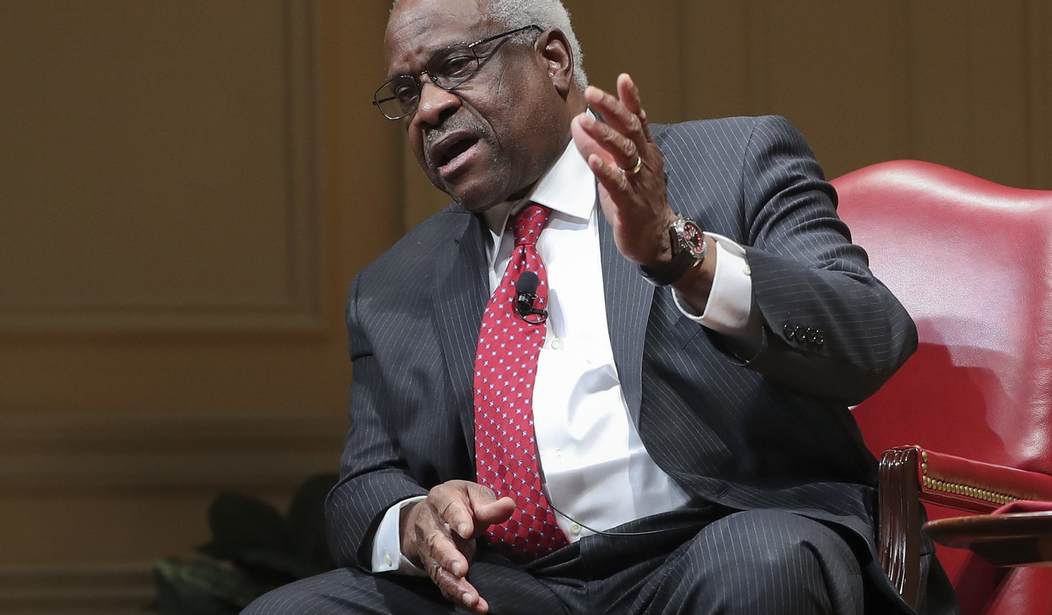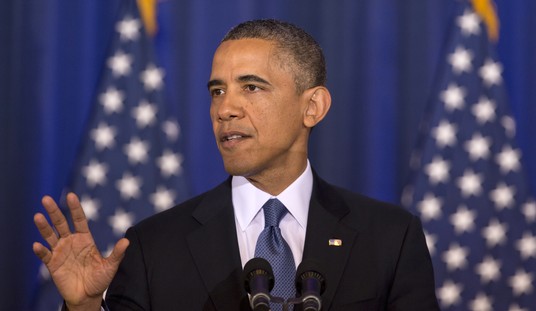On Monday, the Supreme Court refused to consider cases involving states’ ability to decide whether certain health providers are eligible for Medicaid reimbursements. Conservative justices Clarence Thomas, Samuel Alito, and Neil Gorsuch rebuked their colleagues for refusing to take up the issue due to a tenuous connection with Planned Parenthood.
“Some tenuous connection to a politically fraught issue does not justify abdicating our judicial duty,” Thomas wrote in a scathing dissent joined by Alito and Gorsuch. “If anything, neutrally applying the law is all the more important when political issues are in the background.”
The Supreme Court refused to consider the cases Gee v. Planned Parenthood of Gulf Coast and Andersen v. Planned Parenthood of Kansas and Mid-Missouri. This means more than a majority of the Court — six justices — decided against hearing the cases. The fact that neither Chief Justice John Roberts nor Associate Justice Brett Kavanaugh joined the dissent suggests that the conservative majority was divided on the issue.
Both cases involved affiliates of Planned Parenthood, but they dealt with a much broader issue. As Thomas put it, “Because of this Court’s inaction, patients in different States—even patients with the same providers—have different rights to challenge their State’s provider decisions.”
Despite the politically charged involvement of Planned Parenthood, the cases fundamentally revolve around whether or not Medicaid recipients can sue their states over whether or not the state allows their medical providers to receive Medicaid reimbursements. As Thomas noted, “the question is important and recurring.”
“Around 70 million Americans are on Medicaid, and the question presented directly affects their rights. If the majority of the courts of appeals are correct, then Medicaid patients could sue when, for example, a State removes their doctor as a Medicaid provider or inadequately reimburses their provider,” Thomas noted.
“Under the current majority rule, a State faces the threat of a federal lawsuit—and its attendant costs and fees— whenever it changes providers of medical products or services for its Medicaid recipients,” the justice explained. “Not only are the lawsuits themselves a financial burden on the States, but the looming potential for complex litigation inevitably will dissuade state officials from making decisions that they believe to be in the public interest.”
To make matters worse, “State officials are not even safe doing nothing, as the cause of action recognized by the majority rule may enable Medicaid recipients to challenge the failure to list particular providers, not just the removal of former providers.”
District courts have reached differing conclusions on the issue, and they desperately need guidance from the Supreme Court, Thomas claimed. “Courts are not even able to identify which of our decisions are ‘binding.’ … One can hardly blame the Tenth Circuit for misunderstanding. We created this confusion. We should clear it up.”
So why did the Supreme Court refuse to consider these key cases?
Thomas suggested the Court’s decision “has something to do with the fact that some respondents in these cases are named ‘Planned Parenthood.'” Ye the cases do not involve abortion.
“It is true that these particular cases arose after several States alleged that Planned Parenthood affiliates had, among other things, engaged in ‘the illegal sale of fetal organs’ and ‘fraudulent billing practices,’ and thus removed Planned Parenthood as a state Medicaid provider,” Thomas admitted.
“But these cases are not about abortion rights. They are about private rights of action under the Medicaid Act,” he explained. “Resolving the question presented here would not even affect Planned Parenthood’s ability to challenge the States’ decisions; it concerns only the rights of individual Medicaid patients to bring their own suits.”
While many conservatives rightly fault Supreme Court justices for engaging in activism, the situation here revolves around the Court refusing to carry out its duty to act on an issue. This unconstitutional “act of omission” is just as bad as an “act of commission,” Thomas argued.
“The Framers gave us lifetime tenure to promote ‘that independent spirit in the judges which must be essential to the faithful performance’ of the courts’ role as ‘bulwarks of a limited Constitution,’ unaffected by fleeting ‘mischeifs.’ We are not ‘to consult popularity,’ but instead to rely on ‘nothing…but the Constitution and the laws,'” the justice declared.
The Court did not just have the ability to address this important states’ powers issue on Medicaid, it had the duty to do so. “We are responsible for the confusion among the lower courts, and it is our job to fix it,” Thomas wrote.
This case might bode ill for conservatives, suggesting that John Roberts and Brett Kavanaugh might fear to address potentially controversial but important issues. The refusal to take up this case represents a dereliction of the Supreme Court’s constitutional duty, and it should be a black mark on Roberts’ and Kavanaugh’s records.
Follow the author of this article on Twitter at @Tyler2ONeil.









Join the conversation as a VIP Member